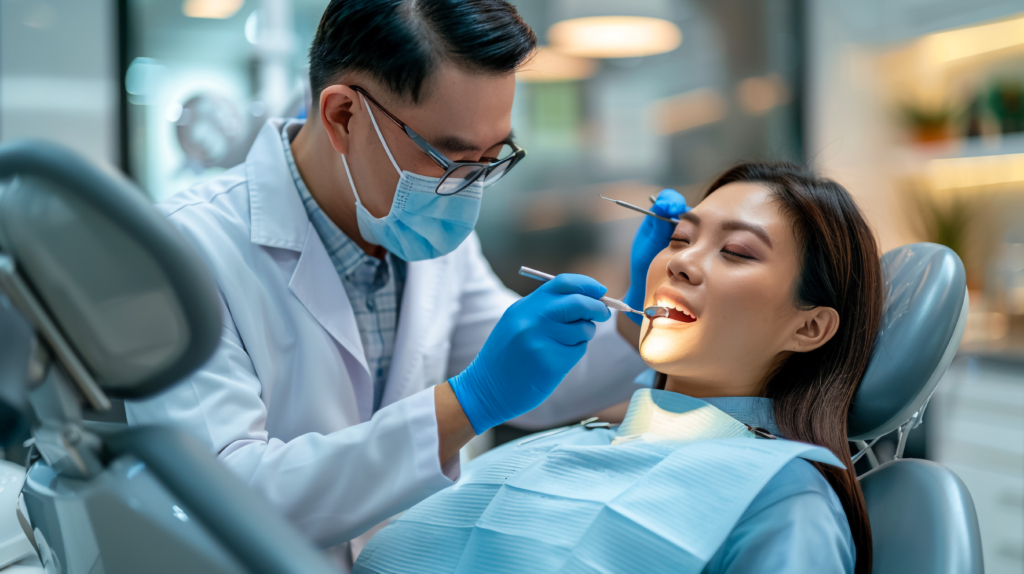
Dental emergencies can be painful and inconvenient, but they can also have serious consequences if left untreated. It’s important to know when to seek immediate dental care to avoid complications and ensure your oral health.
Common Dental Emergencies
- Toothaches: A severe toothache can indicate an underlying dental problem, such as a cavity, infection, or cracked tooth.
- Knocked-out teeth: If a tooth is completely knocked out, it’s important to seek immediate dental care to preserve the tooth and prevent infection.
- Broken teeth: A fractured tooth can cause pain and discomfort, and it may be at risk of infection.
- Chipped teeth: A chipped tooth can be unsightly and lead to pain or sensitivity.
- Loose teeth: A loose tooth may be a sign of gum disease or other dental problems.
- Jaw pain or locking: Jaw pain or locking can be caused by temporomandibular joint (TMJ) disorder.
- Severe bleeding: If you’re experiencing severe bleeding from your mouth, seek immediate medical attention.
- Abscesses: An abscess is a pocket of pus that forms around an infected tooth.
Why Seek Immediate Dental Care
- Pain Relief: Dental emergencies can be extremely painful. Seeking prompt treatment can help alleviate pain and discomfort.
- Prevent Infection: Infections can spread quickly and lead to serious complications, including cellulitis and sepsis.
- Save a Tooth: In the case of a knocked-out tooth, immediate dental care can increase the chances of successfully replanting the tooth.
- Avoid Complications: Untreated dental emergencies can lead to more serious problems, such as tooth loss, jaw pain, and systemic infections.
- What to Expect When You Visit the Dentist
When you visit the dentist for a dental emergency, you can expect a thorough examination to determine the cause of the problem. Depending on the nature of the emergency, the dentist may:
- Provide pain relief: The dentist may prescribe pain medication or perform a procedure to alleviate pain.
- Treat the underlying problem: The dentist may need to perform a procedure to treat the underlying cause of the emergency, such as a root canal or tooth extraction.
- Refer you to a specialist: In some cases, the dentist may refer you to a specialist, such as an endodontist or oral surgeon.
Preventing Dental Emergencies
While it’s not always possible to prevent dental emergencies, there are several steps you can take to reduce your risk:
- Brush and floss regularly: Good oral hygiene is essential for preventing dental problems.
- See your dentist for regular check-ups: Regular dental check-ups can help identify and address potential problems before they become emergencies.
- Wear a mouthguard: If you play sports or participate in activities that could result in a mouth injury, wearing a mouthguard can help protect your teeth.
- Avoid harmful habits: Avoid habits like smoking, excessive alcohol consumption, and teeth grinding, which can increase your risk of dental problems.
By understanding the signs of a dental emergency and seeking prompt treatment, you can help prevent serious complications and maintain your oral health.
If you feel that you have a dental emergency, contact our office immediately to schedule an appointment.